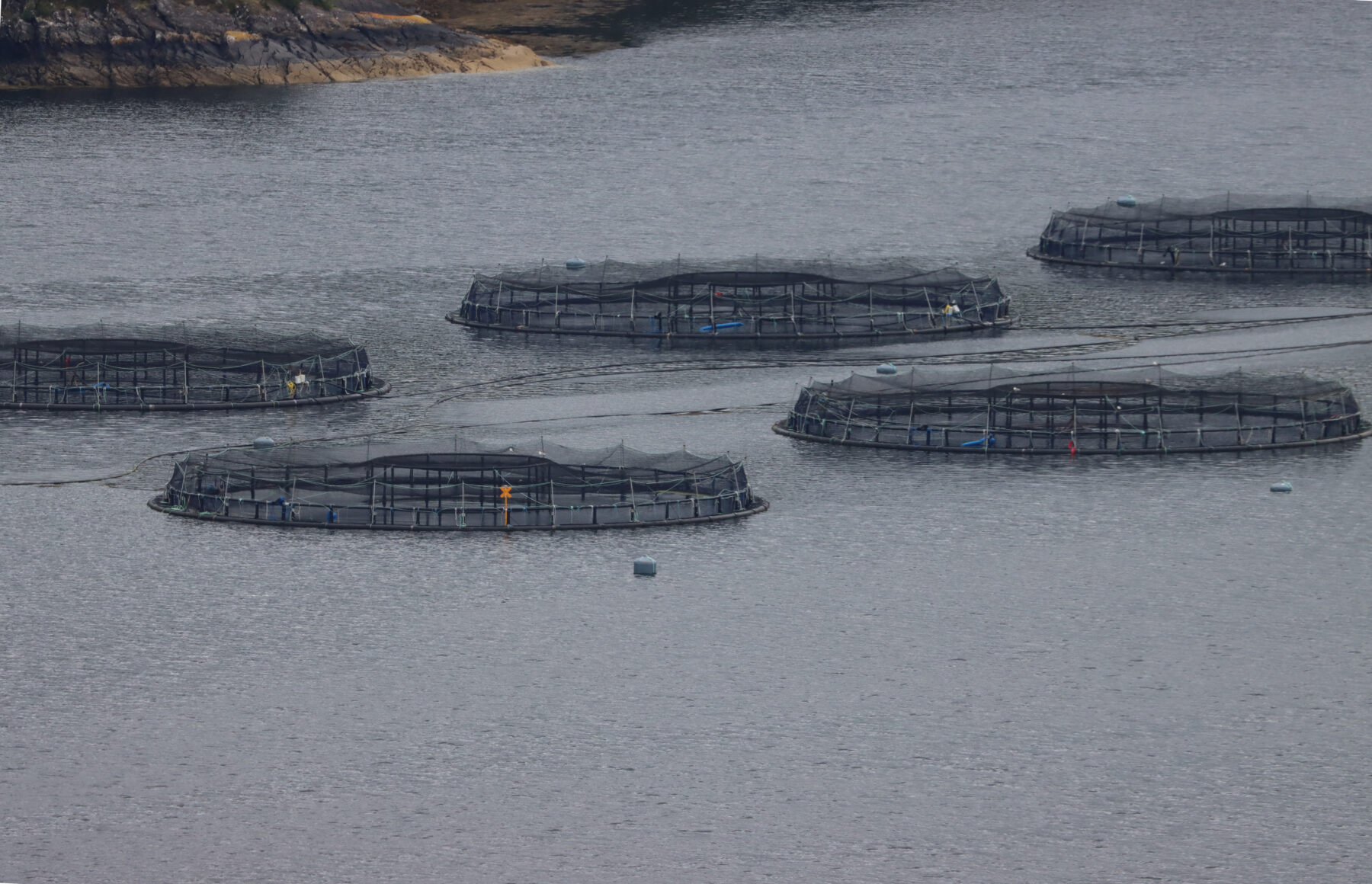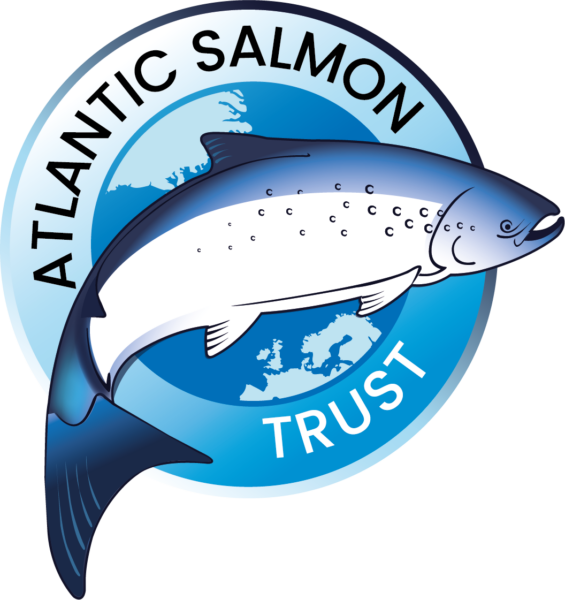The aquaculture industry, regulators and the Scottish Government must urgently do better.
This week news emerged that an estimated 75,000 farmed salmon had escaped from a MOWI operated open pen salmon farm located in Loch Linnhe. This escape presents a grave risk to wild salmon on the west coast of Scotland through genetic introgression into already critically low populations. International scientists recently found that genetic introgression is the most serious threat for the viability and ability of wild Atlantic salmon to adapt to current and future environmental changes. The need for robust action and regulation to protect this iconic fish is clear.
This escape demonstrates Scotland’s failure to meet its international obligations. The Williamsburg Resolution was adopted by the North Atlantic Salmon Conservation Organization (NASCO) in 2003. Under Article 5, each Party to NASCO, including Scotland, agreed to take measures to minimise escapes of farmed salmon to a level that is as close as practicable to zero. Additionally, Scotland committed to minimise the risk of disease and parasite transmission between aquaculture and wild salmon populations.
Over 20 years on from the adoption of the Williamsburg Resolution, an international expert panel has judged that Scotland is failing to meet these international commitments. At a national level, a Scottish Parliament Committee has found a ‘lack of progress made by the Scottish Government’ in addressing the interactions between wild and farmed fish.
Wild Atlantic salmon were categorised as endangered in Great Britain in 2023 by the International Union for the Conservation of Nature (IUCN). While they face a range of threats to their survival, the impacts from open pen salmon farming can and must be managed. The aquaculture industry, regulators and the Scottish Government must urgently do better.

